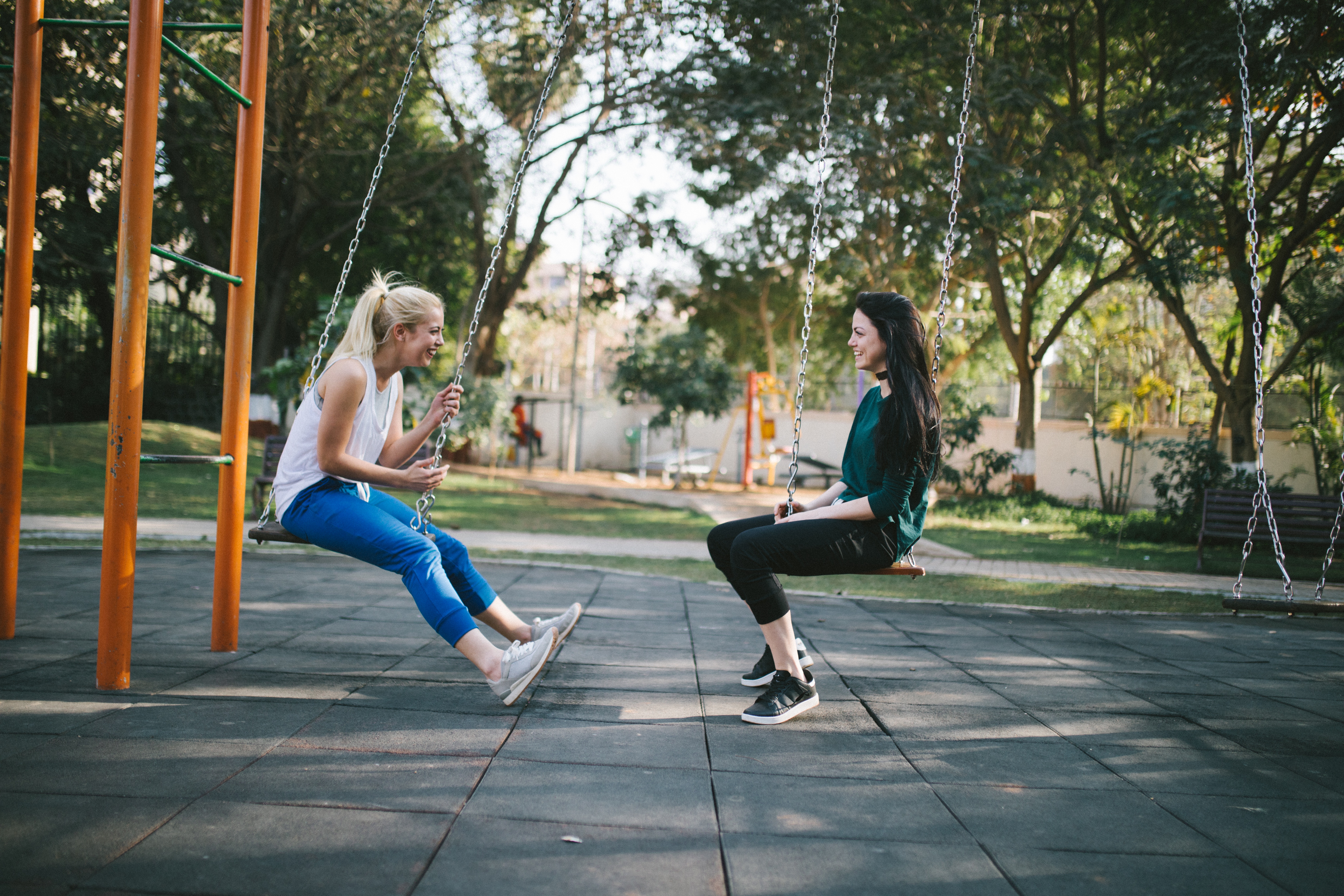I am in my fifth decade of life and started working part-time at the age of fifteen, which means that I have gone through countless job interviews. Luckily for me, I have an outgoing, talkative, and people-liking personality, so the interviews were not too stressful and I generally ended up enjoying myself. However, as a senior scientist hiring young research interns, I have also been the interviewer, and can completely relate to the fact that this is not the case for everyone. There is often a huge amount of stress and anxiety associated with job interviews, and especially if the interviewee is timid and/or reserved. Today, by sharing my experiences as an interviewer, I hope to make your next interview a more pleasant and productive experience.
As a former senior scientist and principle investigator in research projects, I used to take the process of hiring young interns very seriously. Not only did I invest a lot of time carefully studying their CVs, I also read their motivation letters and thoughtfully placed each candidate in order based on strict criteria of candidature quality. For the interviewing process, I always made sure to enlist a colleague to be present with me. I read somewhere that the initial minutes of an interview greatly influence candidate choice as well as the rest of the interview. By having someone else in the room, I hoped to avoid having my personal feelings or instincts dictate the outcome of the meeting. After the interview, I shared the CVs and motivation letters of the top candidates with the same colleague, and thank goodness, we were always in agreement on who was the best choice for the job.
Every time a position opened and I had to go through the hiring process, the interviews changed the order of preferred candidates, showing how important this component of the candidature is on the final choice of who to hire. As humans, we tend to remember the negative, so here are lessons learnt from some of my worse interviewer experiences:
Prepare
Just as it took me time to prepare for the interview, I expected the interviewee to be prepared to be able to discuss how he sees himself fitting in the job position. This means doing a bit of homework about the company and the job. In many instances, I interviewed people that had no clue what they had applied for. Worse yet was when they tried to hide this by completely talking nonsense. The bottom line is, come prepared for the interview and don’t be afraid to ask for clarifications if the job description is not clear.
Be confident
Although it can be very comforting to bring a friend or family member to your job interview, make sure they stay out of view of the interviewer. I had one situation where the interviewer brought her mother, aunt and partner into the interview room to introduce themselves to me… and to tell me how excited they were to be there and how nervous the candidate was. As sweet as this is, it did not leave a positive overall feeling. In sum, look your best wearing appropriate attire (for a scientist, jeans and a t-shirt were fine) and portray confidence and independence.
Be realistic
I strongly advise the interviewee to be aware of their intentions when applying for a job and whether the job is something they really want and are right for. The exercise of trying to place yourself in the interviewers position and asking yourself whether you would hire you can be helpful. If not, why? Is there something you can do about it, like perhaps read up on a skill to make you a better candidate?
It is important to be clear on whether the job is the right fit for you. In one instance, I interviewed a candidate who had applied for a lab position doing molecular biology, and whose hands shook so much that it would have been impossible for him to do the work. When I asked if he was nervous or had just drank coffee, he responded that no, his hands always shook a lot… since he was a kid. Considering that the job involved small test-tube work in the lab, it would have been impossible for him to do.
Be authentic
Just like in all life situations where we really want something that is based on us, there is nothing like being ourselves. I had one experience with a candidate whose motivation letter was horribly smug and arrogant, so much that I almost chose not to interview him despite his fantastic CV credentials. However, in person, the interviewee was a sweet and very approachable person. When I asked about the letter, he shared with me that he wanted to try to come across as confident and had therefore used templates for confident motivation letters as inspiration for his letter. In the end, he got the job, but was almost excluded from the interview because he tried to be someone he wasn’t. Think about it from this perspective – at least if it doesn’t go well, we know that it was not because we weren’t authentic. This, in turn, makes it much easier to accept that it wasn’t meant to be and eliminates horrible “what if I had done this? What if I had said that?” afterthoughts.
In conclusion, a job interview is an opportunity… a learning experience. Be it successful or not, the process itself should be positive. So, the next time you have an interview, go prepared, keep your head high, your shoulders back, take deep breath… and enjoy the conversation!


